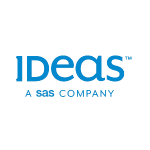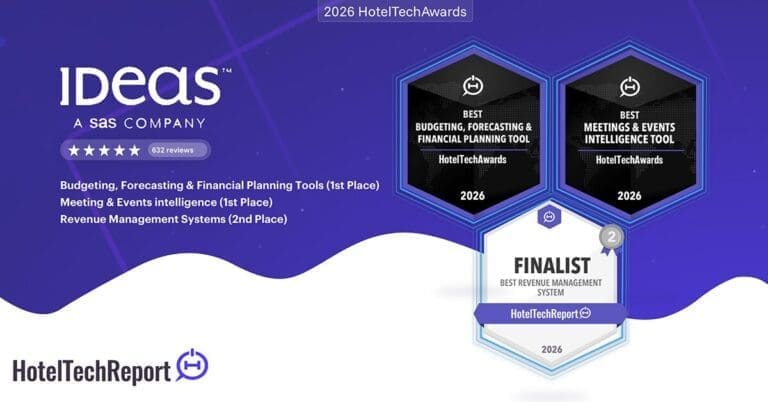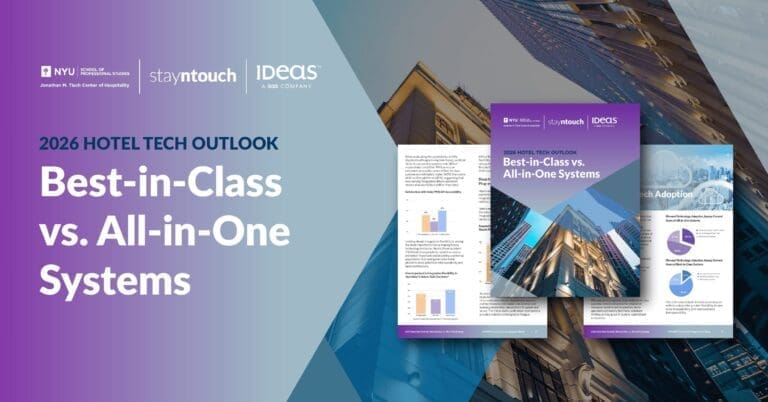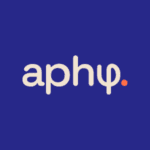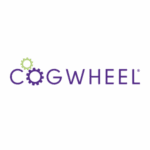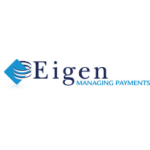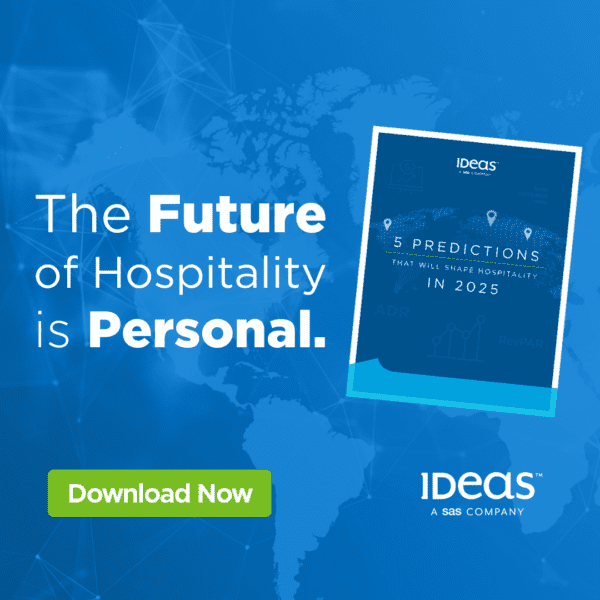Many hoteliers across the Asia-Pacific (APAC) region are aware of the benefits of departmental collaboration, but less is being done today to ensure uniform IT systems are in place to remove boundaries and prevent revenue-generating business units from operating in isolation.

So, what can hoteliers do to ensure revenue generation is approached from a property-wide perspective?
Look beyond room revenues
Regional hoteliers have traditionally focused on room-revenue technologies because of their ability to significantly impact a property’s financial return. But, as many hotels look for new ways to maximize total revenues, they increasingly turn to other hotel departments to improve their bottom line.
There exist opportunities to improve the overall performance of a property or group by applying revenue management strategies to all departments. For resorts and all-inclusive resorts with ancillary revenue streams including restaurants, spa, and golf, the financial benefits can be even greater.
Align technology systems
A hotel whose various revenue generation departments work effectively together will deliver better financial performance. For instance, hotels whose marketing and revenue management departments collaborate have reported revenue increases of more than six percent, increased market share, and increased demand for shoulder and low-demand periods.
The key to practicing effective rooms revenue management is the ability to collect and analyze data and to produce pricing and inventory control decisions in an automated way. Rooms revenue management data sits predominantly in the property management system and is generally accurate. While hotels increasingly appreciate the benefits of collaboration between departments, key operational technologies—such as central reservation systems and revenue management systems—are commonly still not fully integrated. This lack of integrated systems significantly increases the manual workload of revenue and reservation teams, which risks rate or inventory disparities occurring online, which can result in substantial revenue loss.
When hoteliers expand their focus outside the core rooms business, challenges often present themselves due to a lack of supporting technologies. The reason for this is that many hoteliers do not apply the same systems and standards to non-room revenue-generating departments like restaurants and health spas, relying instead on spreadsheets and more manual processes that do not give a clear picture of demand.
To extend the benefits of inter-department collaboration within a hotel, technology alignment is crucial. To ensure alignment, a hotel needs to develop property minimums and standards when it comes to data tracking and non-rooms systems. Data integrity and integration should be key areas of focus when outlining internal standards given how greatly they will inform future business decisions.
Maximizing revenue outcomes across a whole property requires technology integrations that can aggregate and transform large data sets into real business intelligence. Advanced software systems can analyze data through powerful algorithms and make accurate demand forecasts and strategic pricing decisions for all revenue-generating departments within a hotel.
Capitalize on meeting and event opportunities
To achieve optimal levels of revenue from conferences and events, hoteliers should prioritize collaboration between the revenue management event sales and catering team. One of the primary focuses for any hotelier looking to enhance their returns from conferences and events is using integrated technologies to develop the right forecasting methodology and predict demand for function space.
Local hoteliers also need to incentivize their meeting and event sales team on achieving quality of business, balancing this with quantity. Having the right forecasting, data and metrics in place may not result in optimal business without the sales team delivering the right piece of business with the highest revenue impact to the hotel. Selecting the right piece of business is critical to meetings and events revenue. If the function space is occupied on a first-come, first-served basis, the higher revenue business will likely be turned down due to lack of availability. Sales teams are best motivated through the right measurements, focused on quality and profitability of a piece of business, rather than on single-dimensional metrics such as sales volume or space occupancy.
Make businesses decisions in the best financial interests of a whole property
When hoteliers take a holistic approach to managing revenue, they can utilize data to make informed business decisions that result in the best overall financial outcome for the property. Using data from a range of hotel departments, hoteliers can shift prices in a variety of hotel areas to optimize revenue streams. For example, lowering room prices on a given weekend may boost spa and restaurant reservations. While each stream is adjusted individually, they all affect the overall revenue and profit performance.
Data analysis and technology can go hand in hand in optimizing the guest journey. By using integrated technologies across revenue-generating departments, hoteliers can ensure product, price, and availability are matched to demand and client expectations, maximizing guest experiences and profits.



